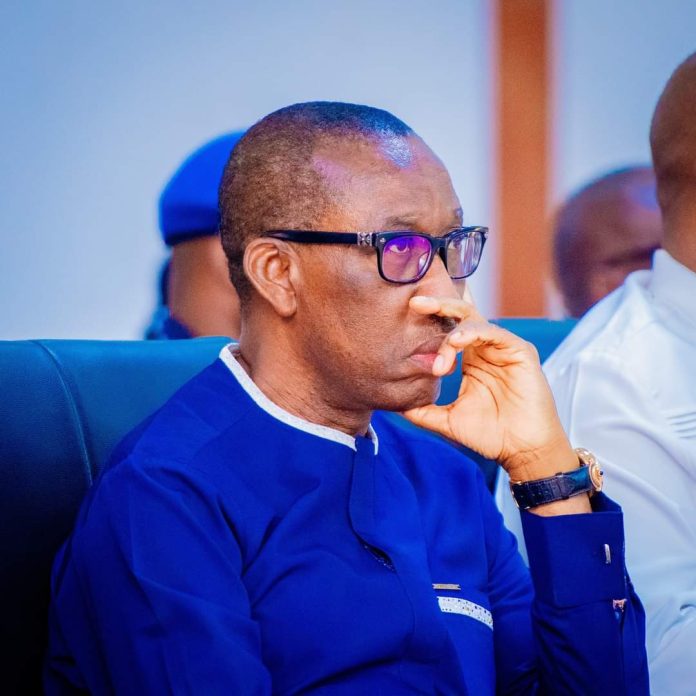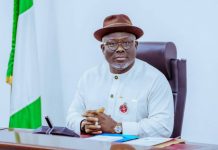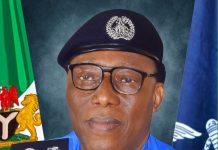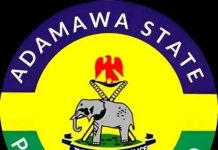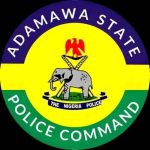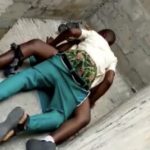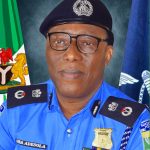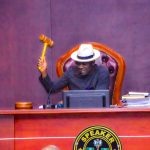The political landscape in Nigeria, particularly in Delta State has once again been rocked by allegations of monumental corruption, this time involving the former State Governor Ifeanyi Okowa.
The Economic and Financial Crimes Commission (EFCC) has intensified its investigation into Okowa over an alleged misappropriation of N1.3 trillion and another N40 billion during his tenure as governor.
The most recent, is a whooping N87 billion he allegedly directed a former Permanent Secretary (PS), (name withheld), withdrawn from a single bank.
The revelations have sparked nationwide outrage and raised critical questions about accountability and the fight against corruption in Nigeria, with reference to Delta.
But in a dramatic twist, it was alleged that Okowa, whom they now refers to as Delta North PDP Supreme leader, has been lobbying political allies and influential figures close to President Ahmed Tinubu, to secure a “soft landing”.
This phrase, often used in Nigeria’s political lexicon, refers to negotiated leniency, such as avoiding prosecution or receiving minimal consequences in exchange for political or financial favours.
If true, Okowa’s actions would not only undermine public trust in governance but also expose systemic flaws in Nigeria’s justice system.
Reliable sources indicate that former Governor Okowa is seeking leniency from President Tinubu over allegations of financial misappropriation during his tenure.
It was also reported that Okowa had considered traveling to Accra, Ghana, to personally lobby President Tinubu for a favorable resolution.
However, his plans face significant obstacles, including strained relationships with key individuals in Tinubu’s inner circle and the fact that his international passport is currently in the custody of the Economic and Financial Crimes Commission.
Meanwhile, President Tinubu arrived in Accra on Monday to attend the inauguration of Ghana’s President-Elect, John Mahama.
This development has added a layer of complexity to Okowa’s attempts at direct intervention.
Meanwhile, for years, critics have argued that the powerful and politically connected often evade justice, perpetuating a culture of impunity.
The staggering amount in question, N1.3 trillion, represents funds purportedly earmarked for developmental projects in Delta State.
Critics argue that despite the state’s enormous oil revenue, Delta remains plagued by underdevelopment, with poor infrastructure, a high unemployment rate, and widespread poverty.
Many now believe these allegations shed light on why progress has remained elusive.
The EFCC, according to sources, has been compiling evidence against Okowa, reportedly tracing suspicious transactions, unaccounted-for contracts, and alleged diversion of public funds into private accounts.
The agency is also said to be investigating his associates, who allegedly acted as conduits for laundering stolen funds.
The Public Outcry
Nigerians are not taking these allegations lightly. Social media platforms are awash with calls for a thorough investigation and prosecution.
Civil society organizations have also demanded transparency, insisting that Okowa’s case must not follow the trajectory of many high-profile corruption cases that end in plea bargains or unresolved trials.
“The EFCC must set an example with this case,” said Amina Yusuf, an activist with the Coalition for Good Governance. “If someone accused of stealing such an enormous amount can negotiate his way out of justice, then what hope is there for ordinary Nigerians?”
Implications for the Anti-Corruption War
This scandal has serious implications for President Bola Tinubu’s administration, which has pledged to intensify the fight against corruption. Observers argue that how this case is handled will either bolster or erode public confidence in the administration’s commitment to accountability.
Should Okowa escape justice, it would reaffirm the widespread belief that Nigeria’s elite are above the law. However, a decisive and transparent prosecution could signal a new era of accountability and serve as a warning to other public officials.
The allegations against Ifeanyi Okowa are a litmus test for Nigeria’s anti-corruption efforts. As the EFCC closes in on him, the nation watches with bated breath. Will justice be served, or will political maneuvering once again undermine accountability?
For now, the spotlight remains on the EFCC, and Nigerians can only hope that this case marks a turning point in the battle against corruption in the country.

